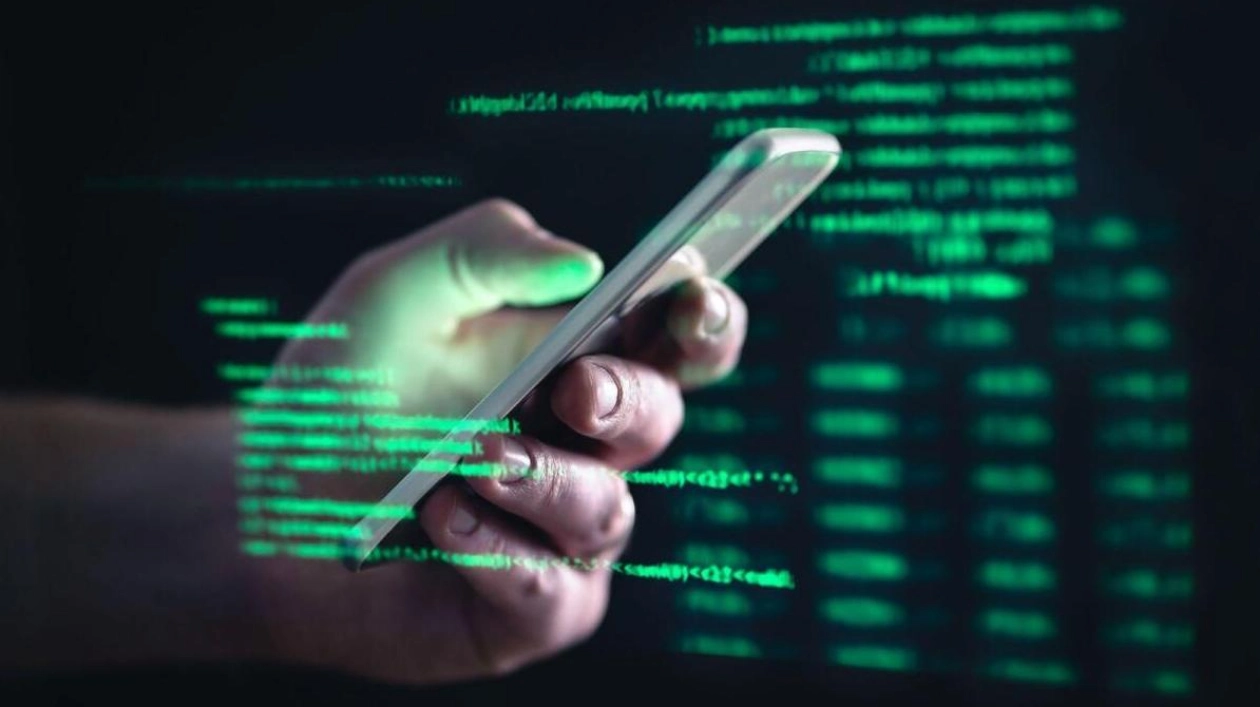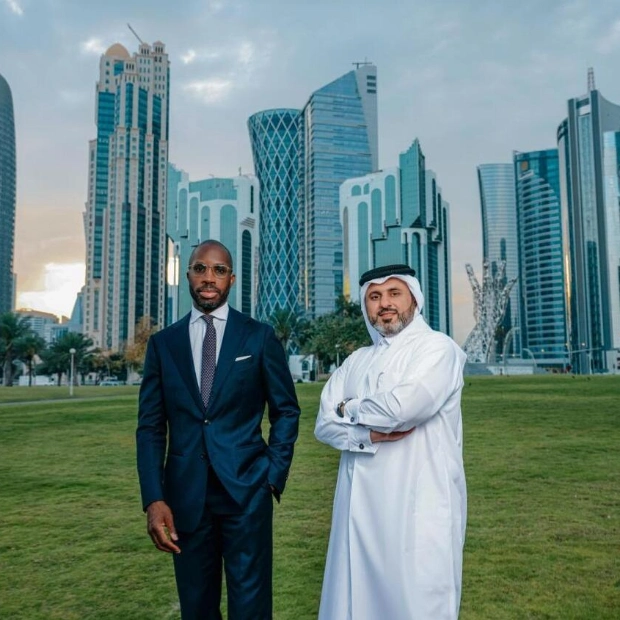Last month, an Indian artist known for creating covers of popular songs faced a copyright strike due to the use of protected content. Following the suspension of his account by Meta, he began receiving ransom demands via Telegram and WhatsApp, requesting payment in bitcoin. In a similar incident, an Arab travel and food blogger experienced copyright infringement issues after brand logos were unintentionally featured in his videos. The hacker allegedly employed AI to report over 20 videos containing brand references. Despite legal intervention, it took three days to regain access to the account, by which time the hacker had also targeted other social media profiles, resulting in a loss of nearly one million followers.
Dubai-based cybersecurity expert Rayad Kamal Ayub, Managing Director of Rayad Group, highlighted that hackers are increasingly using advanced technologies like AI and deepfake cloning to target social media influencers and celebrities. Ayub noted that the use of copyright takedowns by hackers in the Middle East is not new, but the tools have become more sophisticated since 2020. Initially, hackers targeted social media managers' accounts, prompting influencers and celebrities to limit their managers' rights to posting and deleting content only.
In the case of the Indian artist, the hacker claimed he lacked the copyright for the song, which is often true as performers typically do not own the rights to lyrics or music. Hackers use AI platforms to detect even minor infringements and leverage these to demand ransom. Ayub emphasized the importance of preparing for cyber attacks and adhering strictly to copyright laws, suggesting self-monitoring of content as a preventive measure.
Mustafa Zahid, a renowned Pakistani musical composer, advised peers to register their copyrights promptly and report any infringement immediately. Legal expert Khalifa Abdulla Bin Huwaidan Al Ketbi recommended seeking legal advice and registering intellectual property rights to protect against cyber ransom demands. Ayub also suggested partnering with copyright protection agencies, which have the technical and legal expertise to safeguard content globally.
Additional measures include watermarking content, adding metadata, and educating audiences about copyright and licensing. Ayub recommended using reverse image search methods to detect stolen content and issuing DMCA takedown notices to platforms hosting infringing material. He reiterated the importance of respecting copyright law in the digital age, emphasizing the need for a digital ecosystem that values originality and intellectual property rights.






